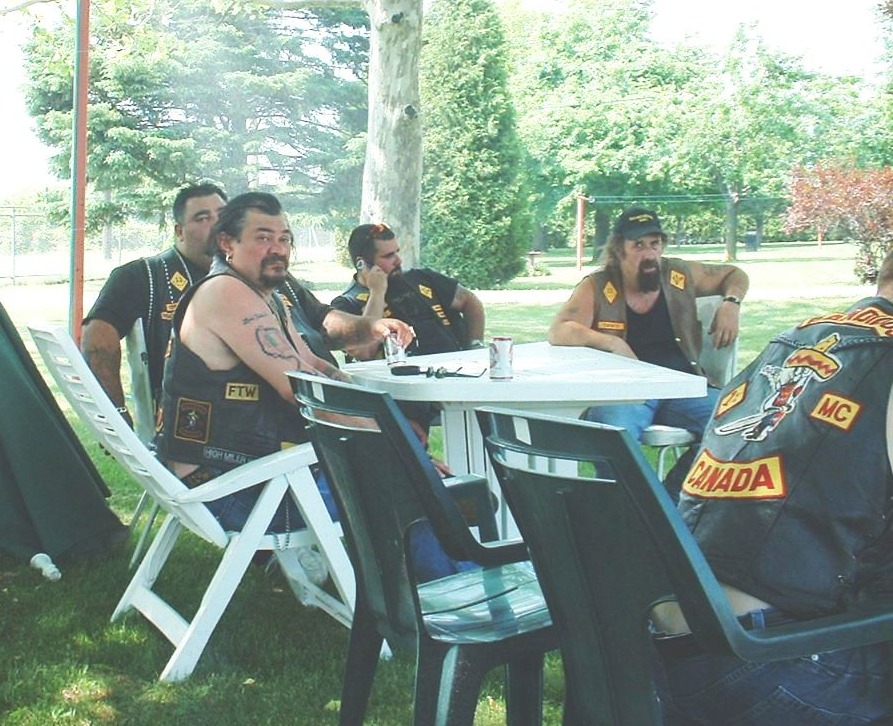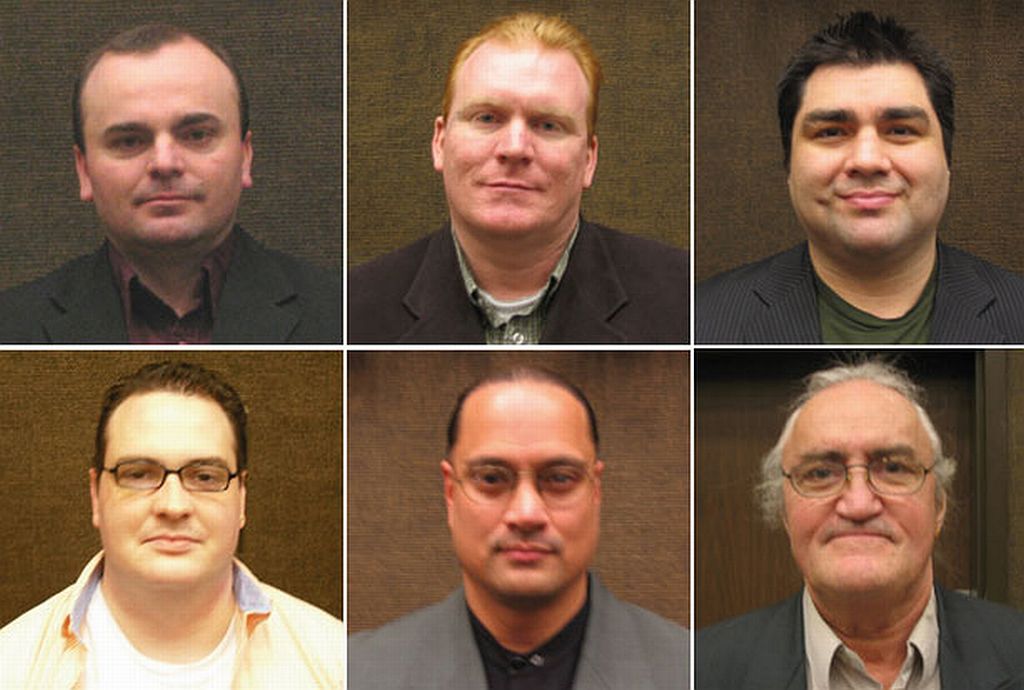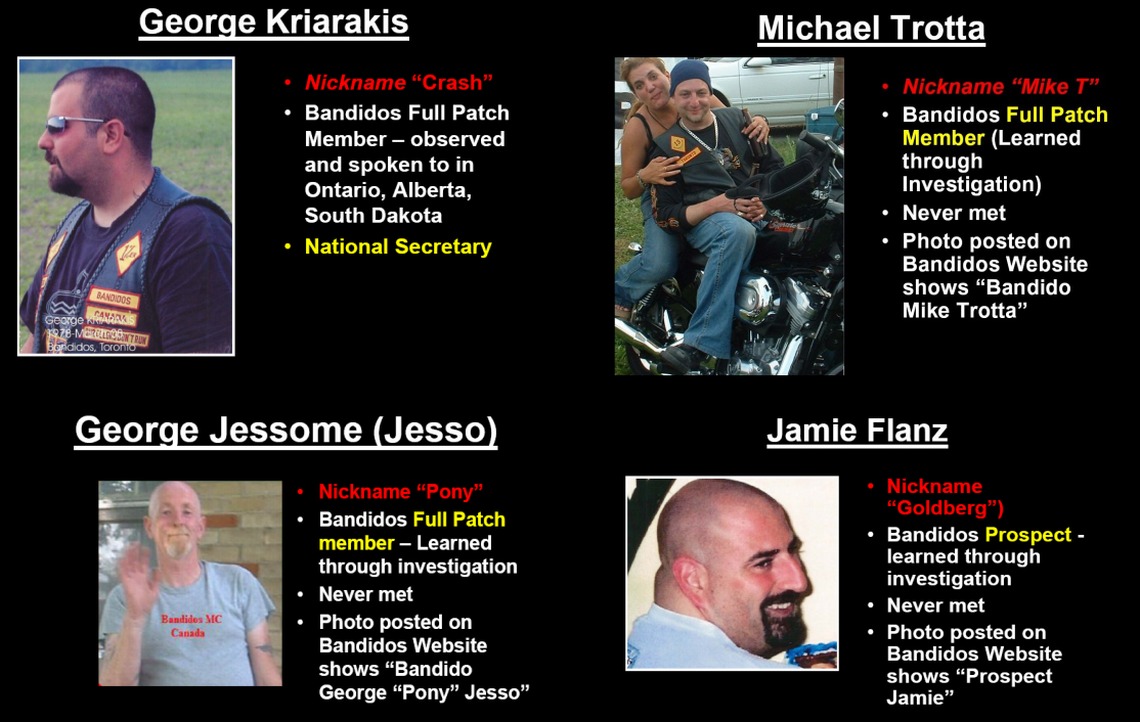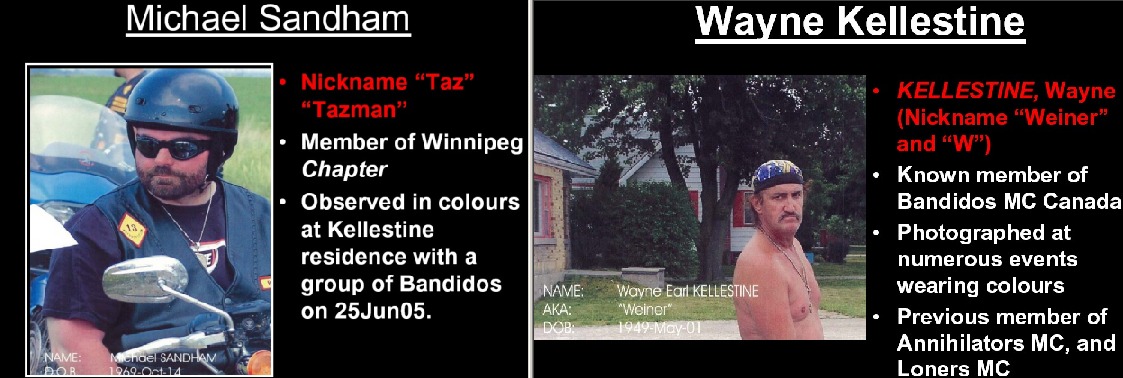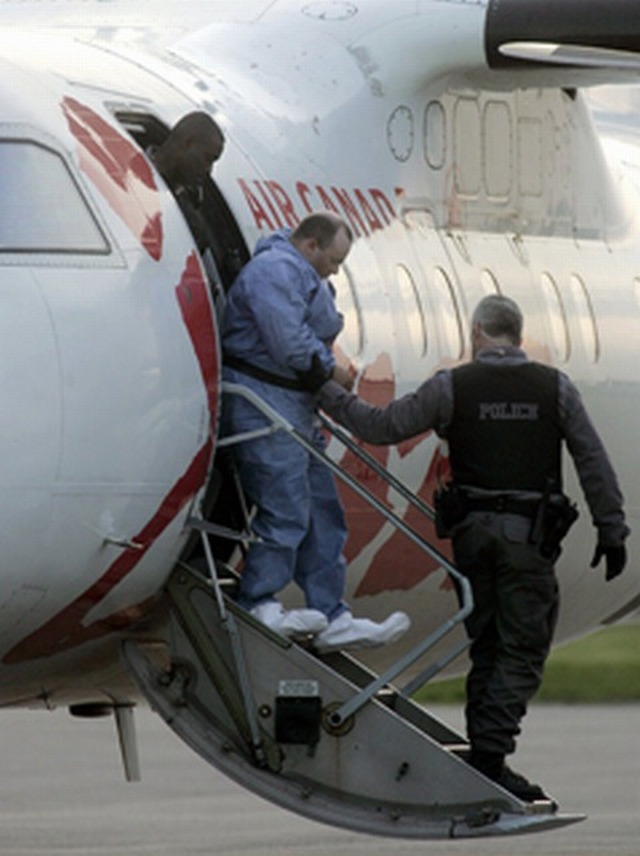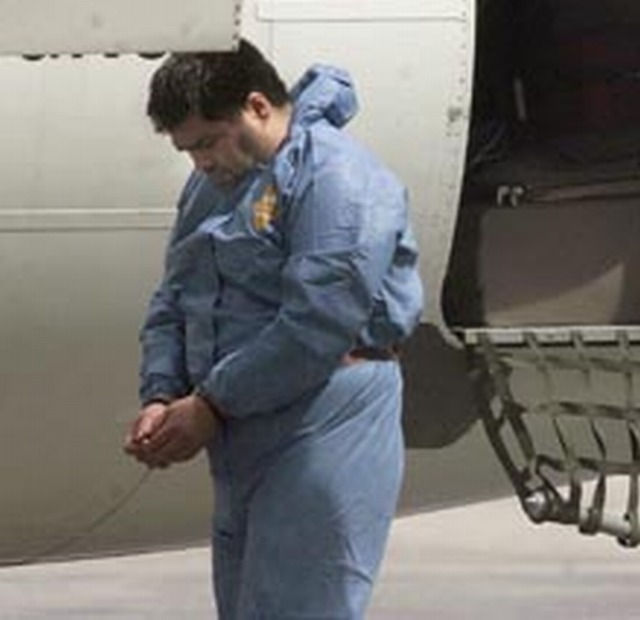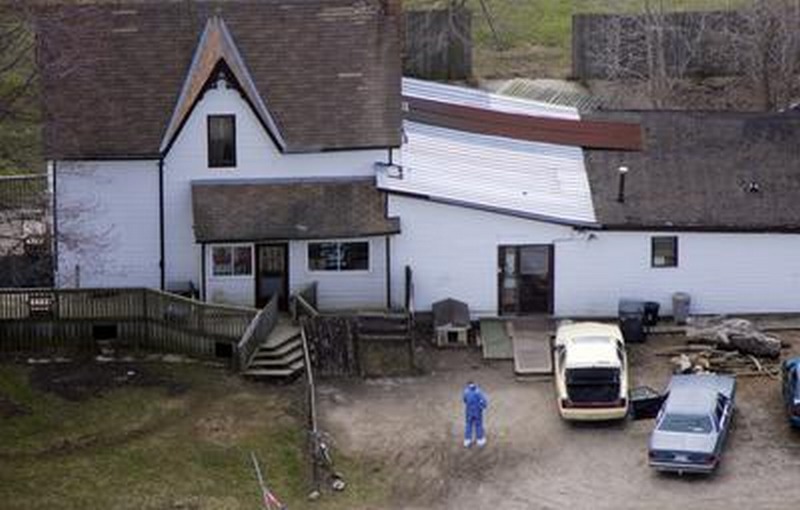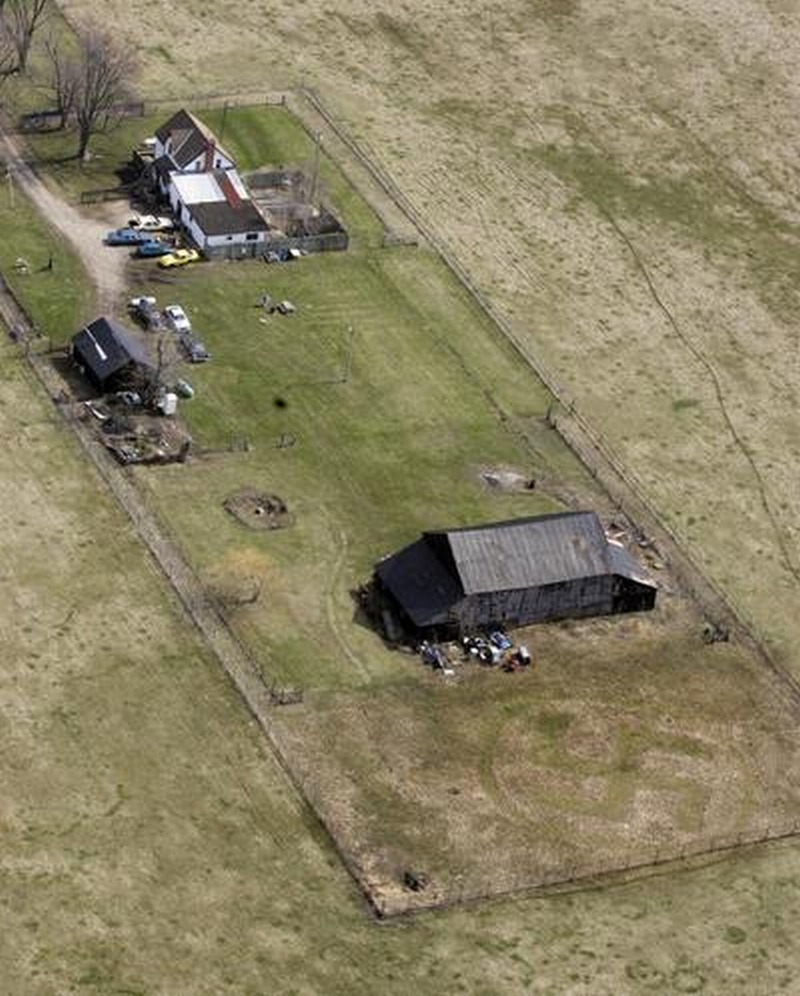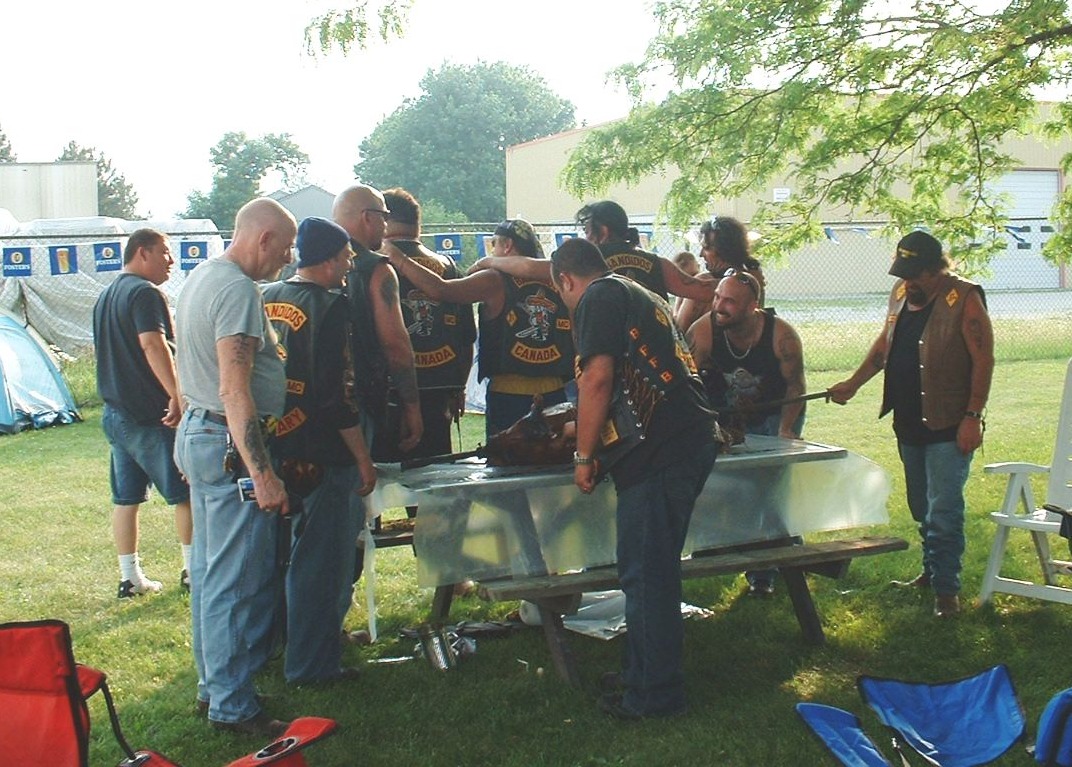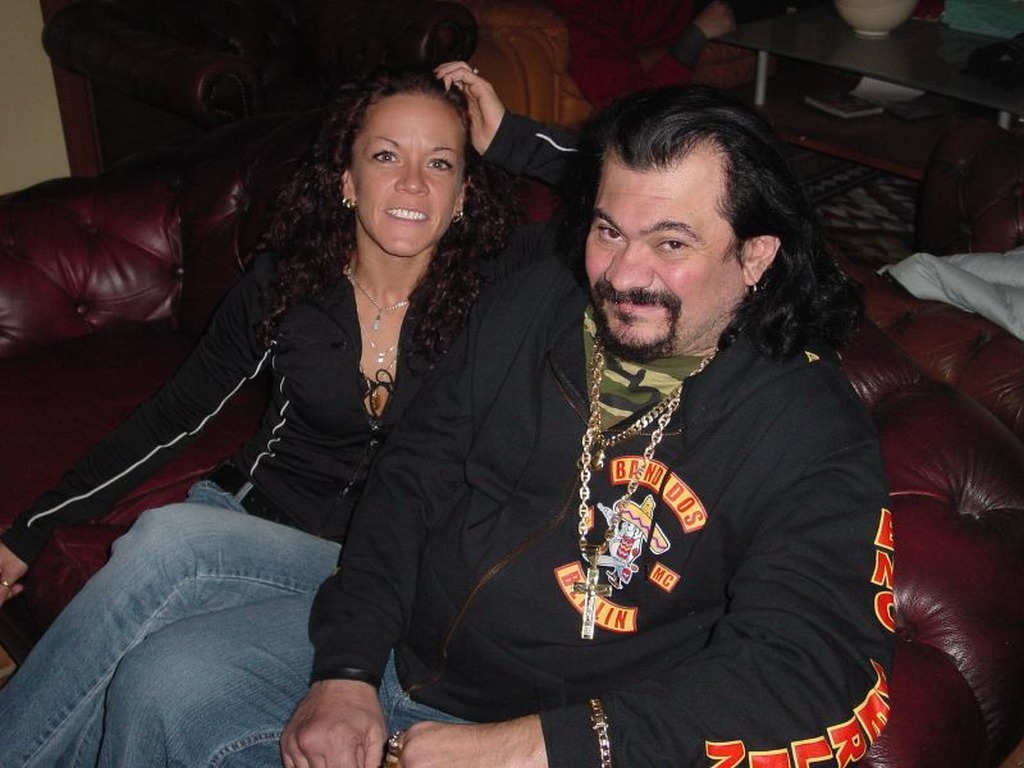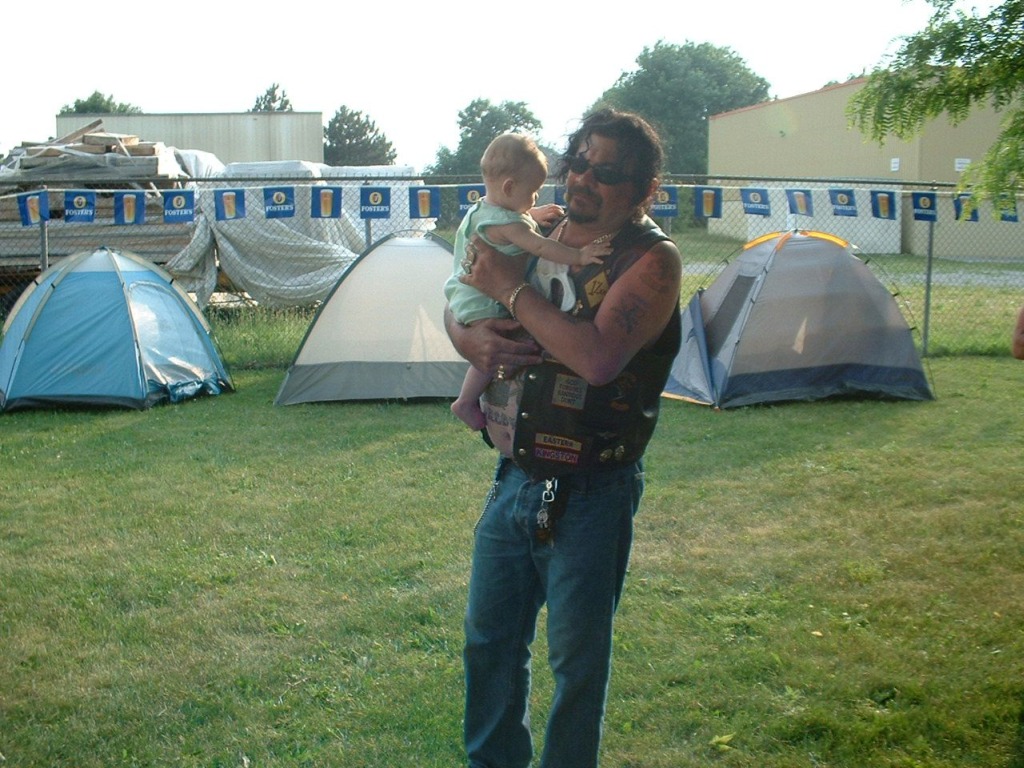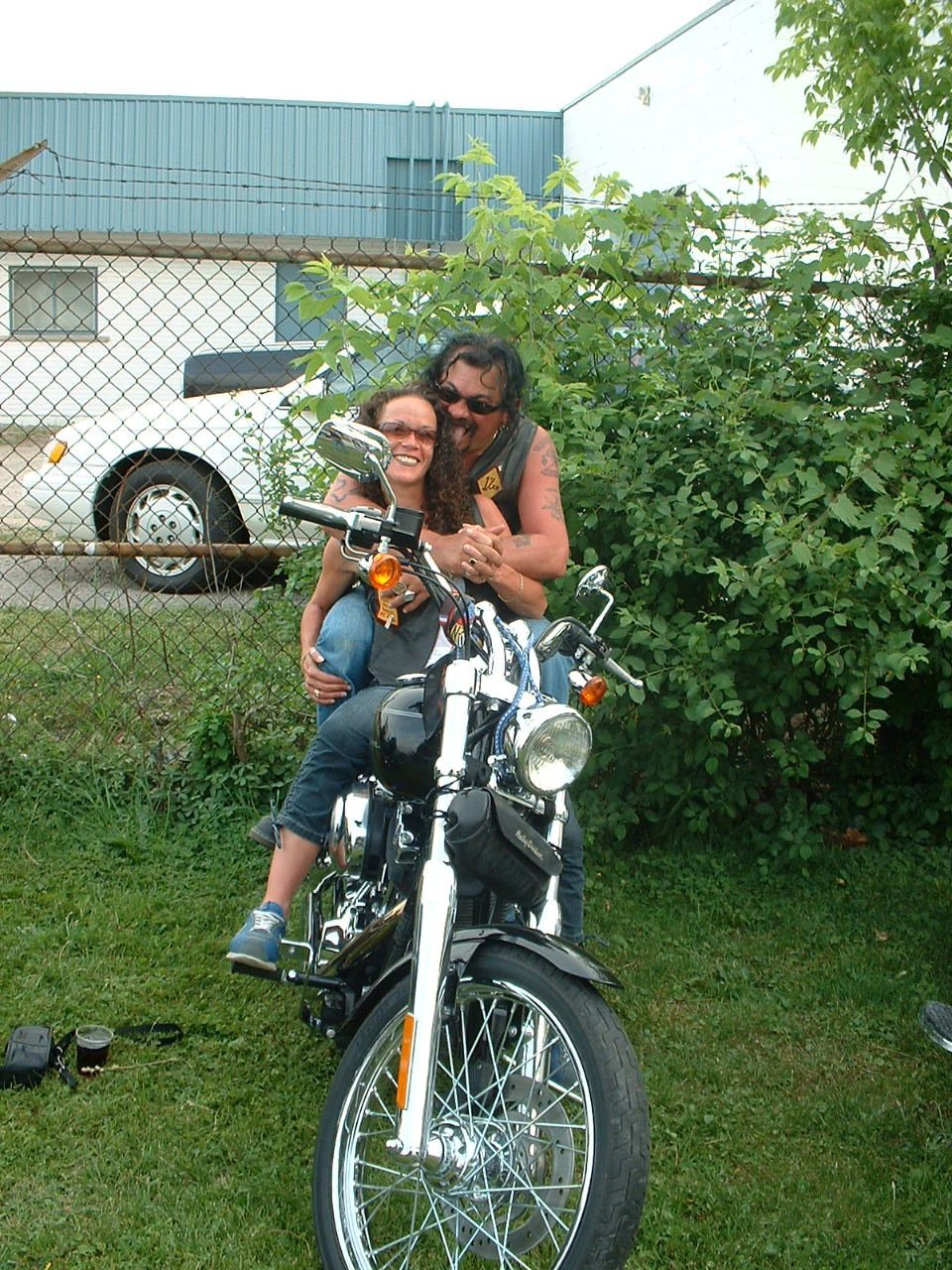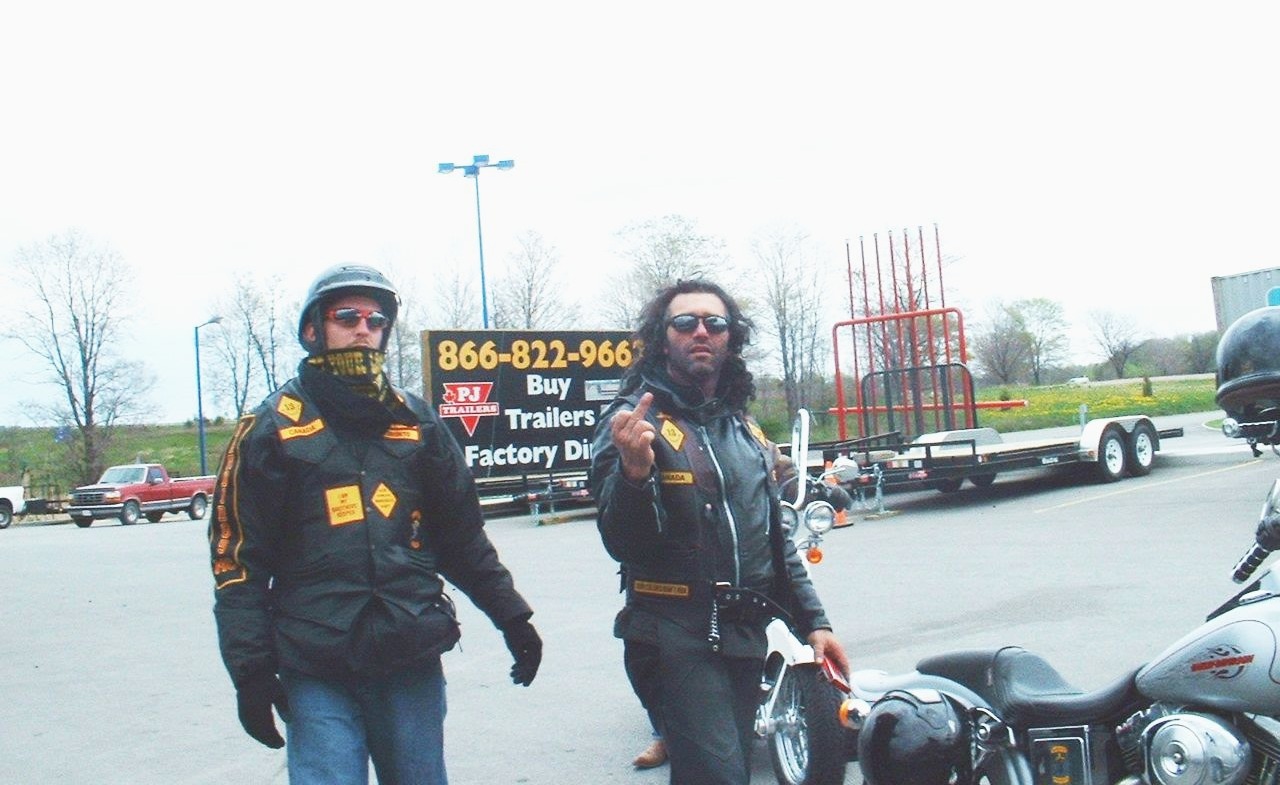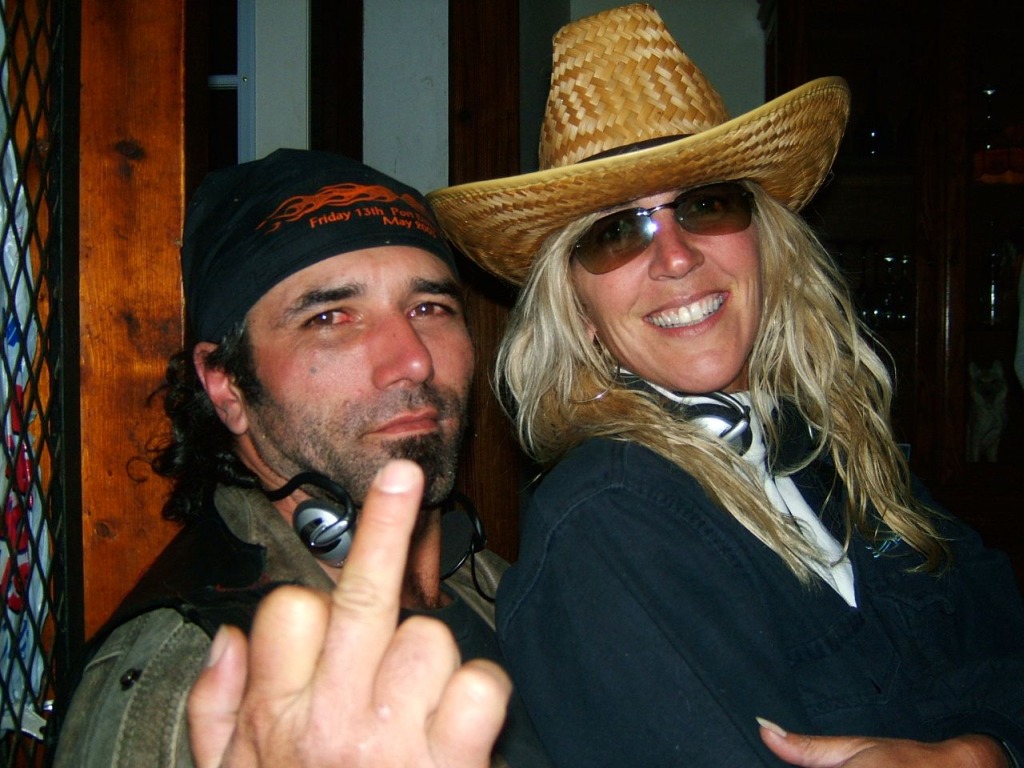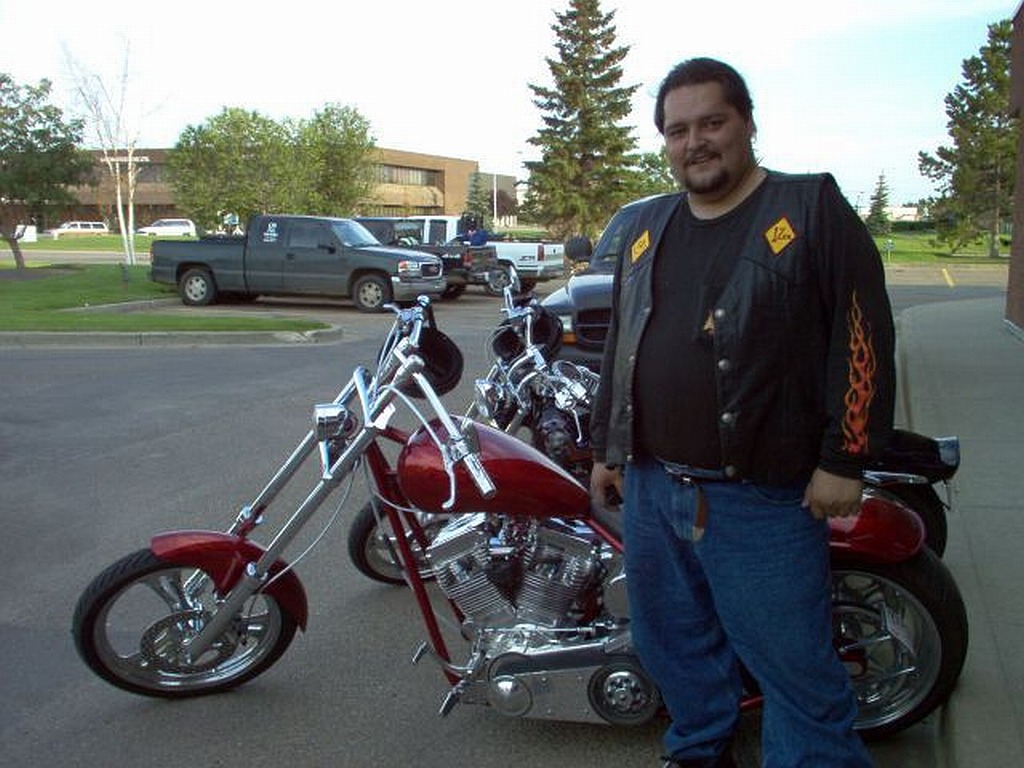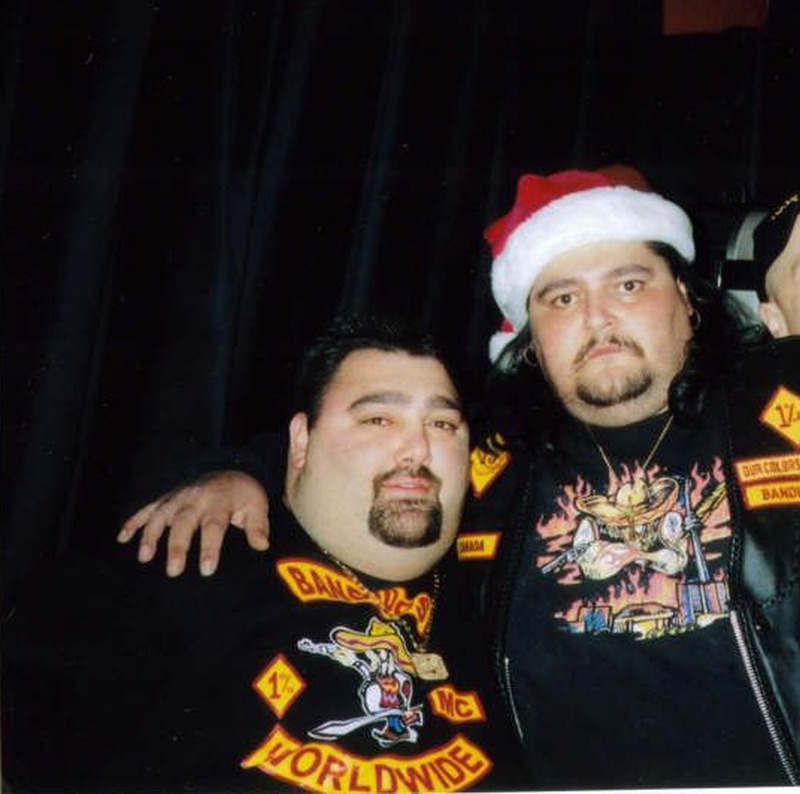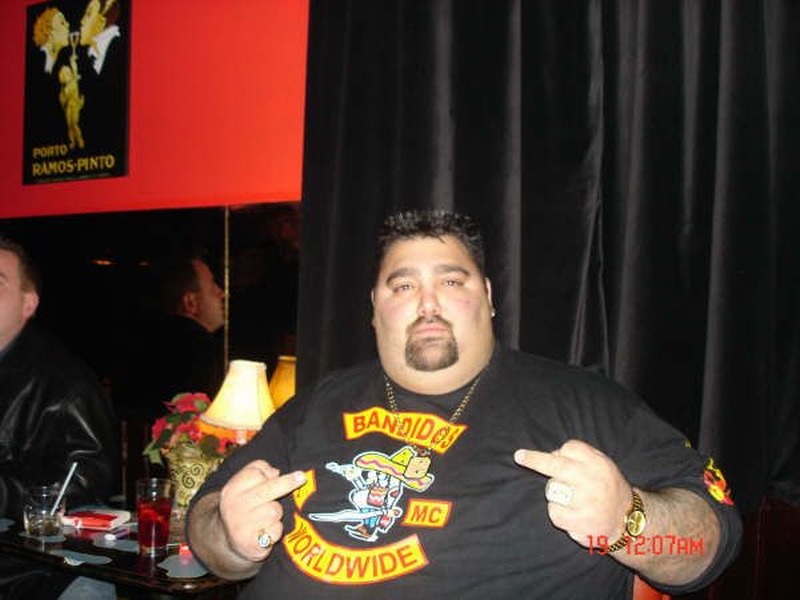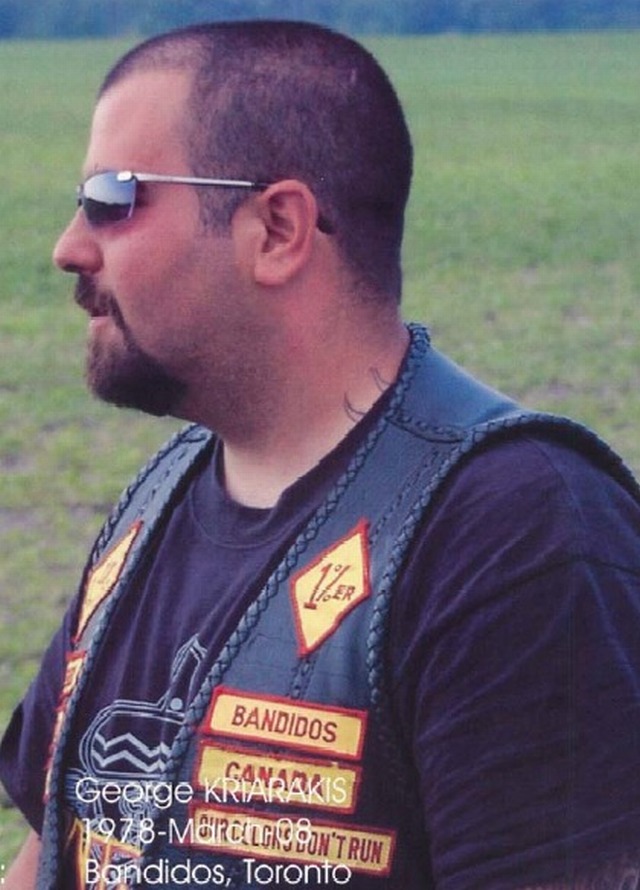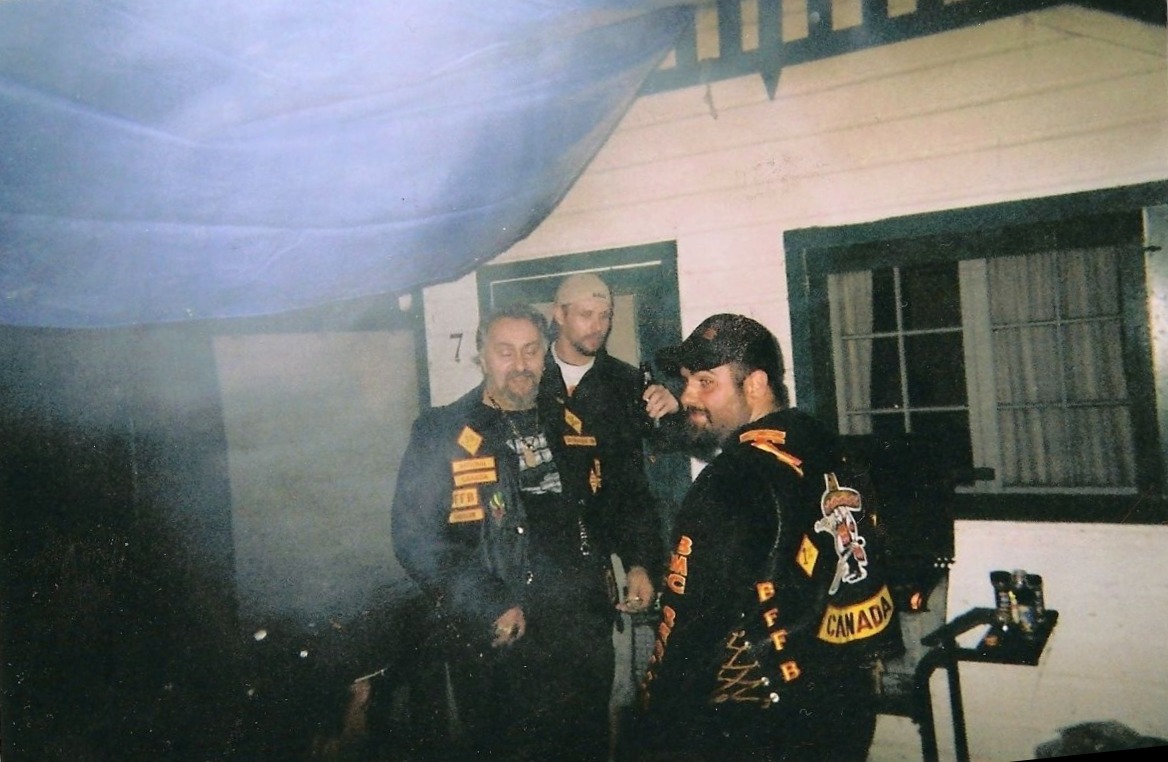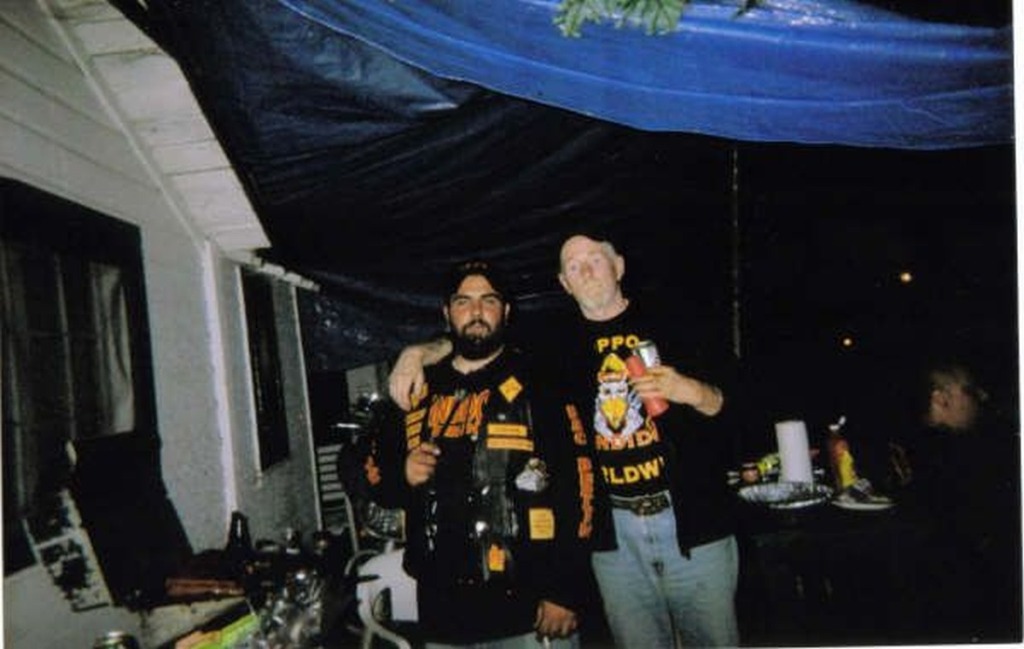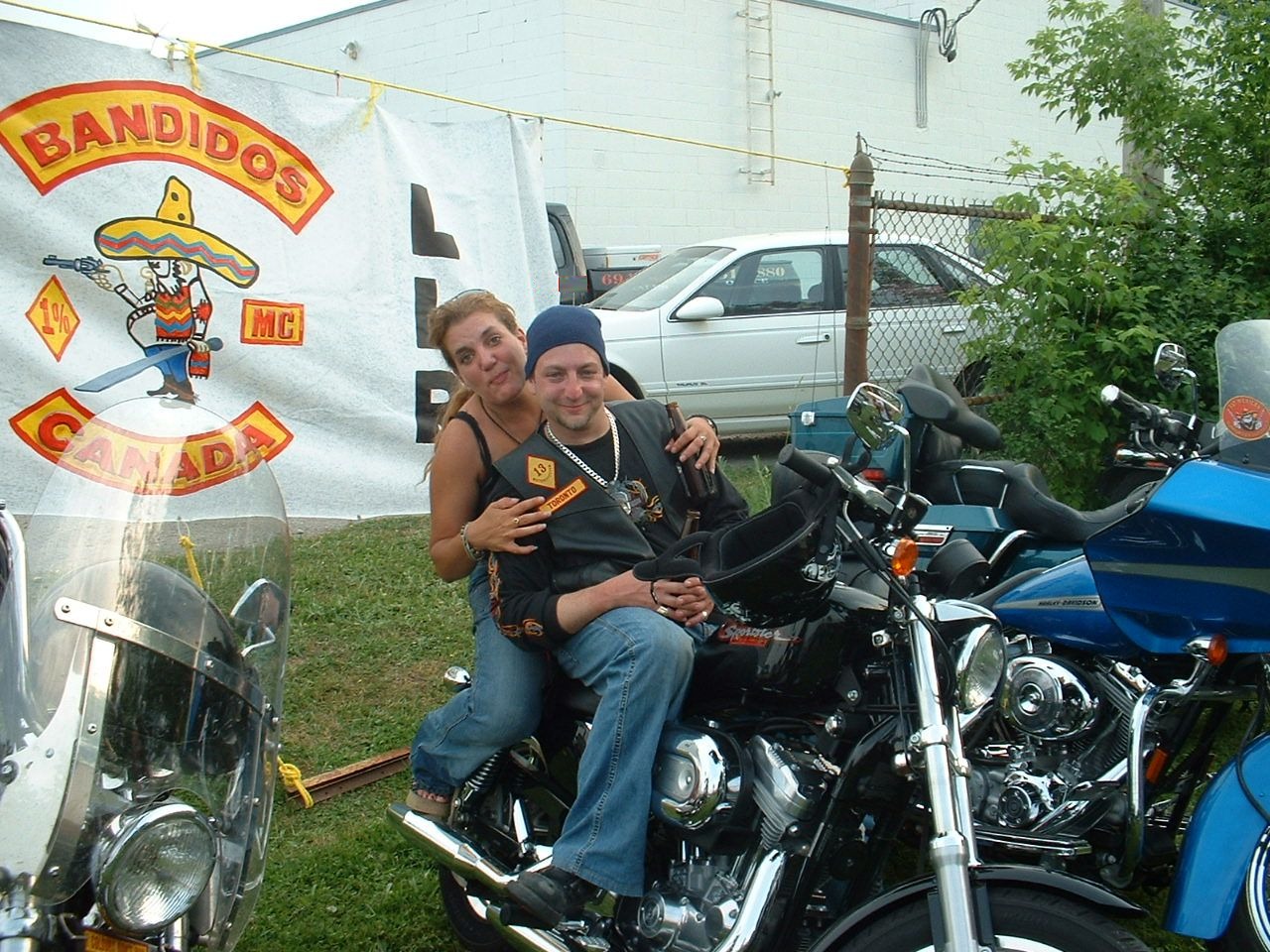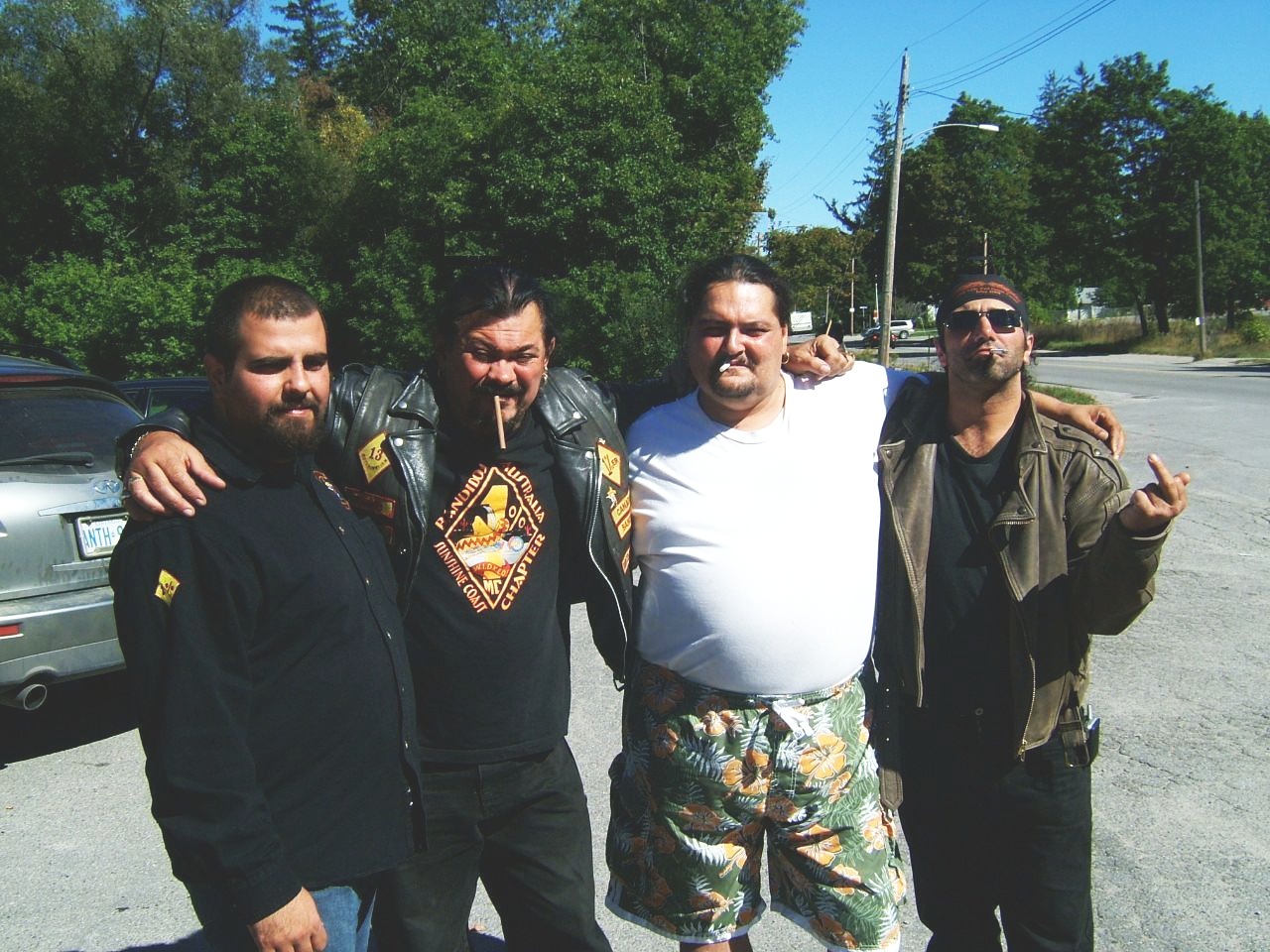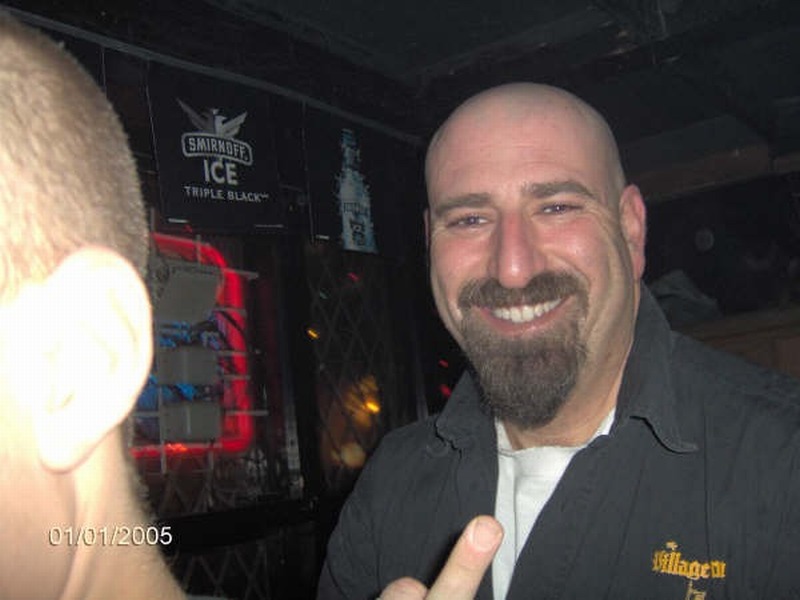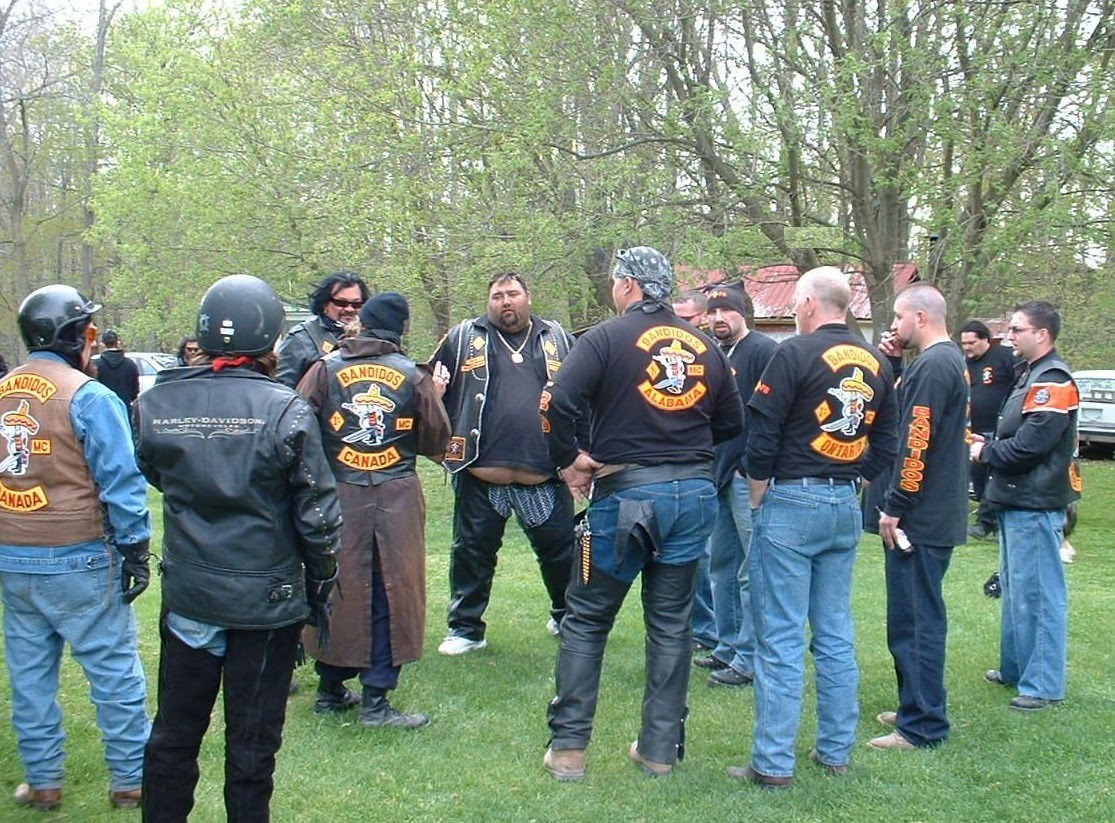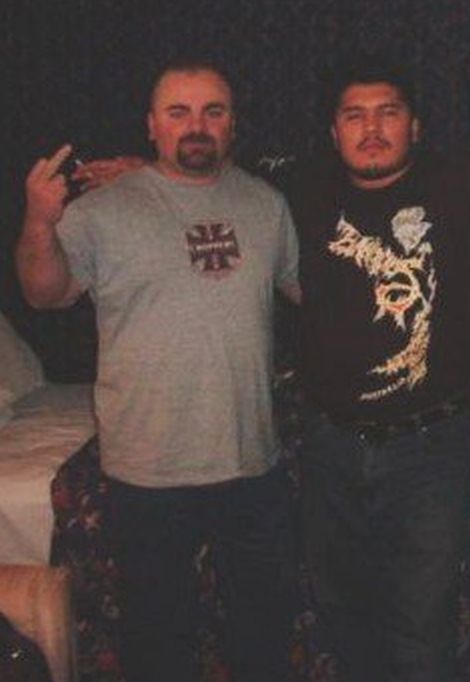October 27, 2017
There is a mansion in Peterborough’s south end that has sat abandoned and in decrepit shape for years.
It was the home of the convicted drug dealer and biker Robert Pammett and now it’s up for demolition.


The property located on McNamara Road was the site of a major police drug squad investigation in 2008 when Pammett sold a large quantity of cocaine from inside the house to an undercover officer which lead to his subsequent arrest and the home has sat vacant since then.
The federal government seized the mansion in 2012 and then Pammett, in 2015, appealed to have his property returned but lost the decision in the courts.
The city was then able to purchase the property in 2016, acquiring the 2.8 acres of land from the crown for $100,000.
“Anytime that we are able to purchase property along any of our waterfronts, whether it be Little Lake or the Otonabee River, we definitely have the policy to secure that for public enjoyment,” said city CAO Allan Seabrooke.”This property definitely falls into that category.”
Plans are now in place to turn the land into a public green space, as the city will partner with the Ontario Federation of Anglers and Hunters to turn the property into a public park.
“The building and its former owners have brought much negativity to Peterborough over the years and we are certainly looking forward to erasing that,” said OFAH executive director Angelo Lombardo.
The demolition will begin Tuesday, Oct. 31st, and cost the OFAH $100,000, the city will still own the land but the wildlife agency will become the curator of the park.
“The park is going to be available to all residents of the City of Peterborough and visitors free of charge,” said Lombardo. “Enhancements will include things like interpretative trails, pollinator gardens, picnic and shade structures.”
The OFAH says it will be able to expand its programs and will also start a fundraising campaign next week to help raise $150,000 to complete phase two of the park’s design.

